I do not aspire to be a professional photographer. I shoot maybe three rolls of film per week and another couple hundred images digitally in that same period, which likely would qualify as a significant quantity in each of those formats. But I have a day job. I doubt I would ever be good enough to make a living through this hobby, and I do not wish to do so.
I had that epiphany when I was chatting with a professional photographer at a charity dinner. He was hanging out, waiting for more than an hour for his client, a politician, to show up, so he could fulfill the assignment of showing the fellow posed with VIPs. I sure hope he was paid for the duration. He was astonished I had two cameras in my bag. Then shortly thereafter I was flattered by a friend who wanted to buy a print. Although I said I would make a gift of it, he insisted on paying, further gratifying my notions of grandeur by informing me he would be hanging the picture on the walls of his new apartment. He liked a black-and-white exposure of the underneath of a bridge (above) which should be high enough resolution to reproduce at 11 by 17. Selling a photo, by some definitions, makes you a “pro.”
Yet perhaps the most important aspect of fantasies along these lines is too harsh to mention. The business is not easy. If you imagine being a professional photographer, you dream about being Karsh, Richard Avedon, Annie Leibovitz, or Gordon Parks, and so on. You do not dream about being the manager of the studio at the local Sears department store, now in bankruptcy but once the retail giant where middle-class families shopped for everything from appliances to sensible clothing, had tires rotated on a car, got discount haircuts, and had significant moments such as high school graduations preserved for posterity. I say that with utmost respect. Everyone but the wealthy has to have an income. As scolds tell us, it’s call “work” for a reason.
Photography, in contrast, is how I relieve stress from my real occupation that pays the mortgage and puts food on the table. All of my projects are my own: dog portraits; street signs; patterns and shadows. I would not do any of this if it failed to offer pleasure. I am free to walk away. I have no clients to please. I have no deadlines to meet. My only anxieties are my own desire to improve. I will even pay others to show me how to become better.
Photography is an avocation for me. That is fine. To make a little bit of money from it is unexpected. That is a bonus.
Here is a comparison. I consider myself a professional writer. Even that, however, must be subsidized from other sources. I have published a book with a major New York house and co-edited a textbook that has seen two editions. I have at least 250 bylines in magazines and newspapers, including what may be regarded as the most prestigious achievement of any author of non-fiction, an op-ed in the New York Times, and multiple credits in the Washington Post and Los Angeles Times. That is no brag. It is the opposite. I have made in the very low six figures from this output. That crude measure is for more than thirty years of productivity, meaning that the remuneration is, after taxes, scarcely enough to cover expenses. My parents were right. I love writing, but I cannot make a go of it solely by writing.
I celebrate the amateur, because I do not expect to be promoted from that status. I do not need accolades. I might want fancy equipment, but I know that that isn’t necessary either. Back in the day, scientific discoveries were made by “natural philosophers” who conducted their investigations out of interest. Chamber music is famously described as a conversation among friends. My goal is to be rid of goals in this pursuit, rendering it positive and pure.
All of us need, for lives that are fulfilling, these forms of leisure that we take seriously. I care as much about photography as I do about my day job. The disciplines themselves depend on practitioners who are laypersons, because those enthusiasts make up the bulk of the marketplace. Our appreciation for the professionals should increase through our realization of the difference between us and them. I salute the professionals whose ranks I will not be joining.
Share this post:
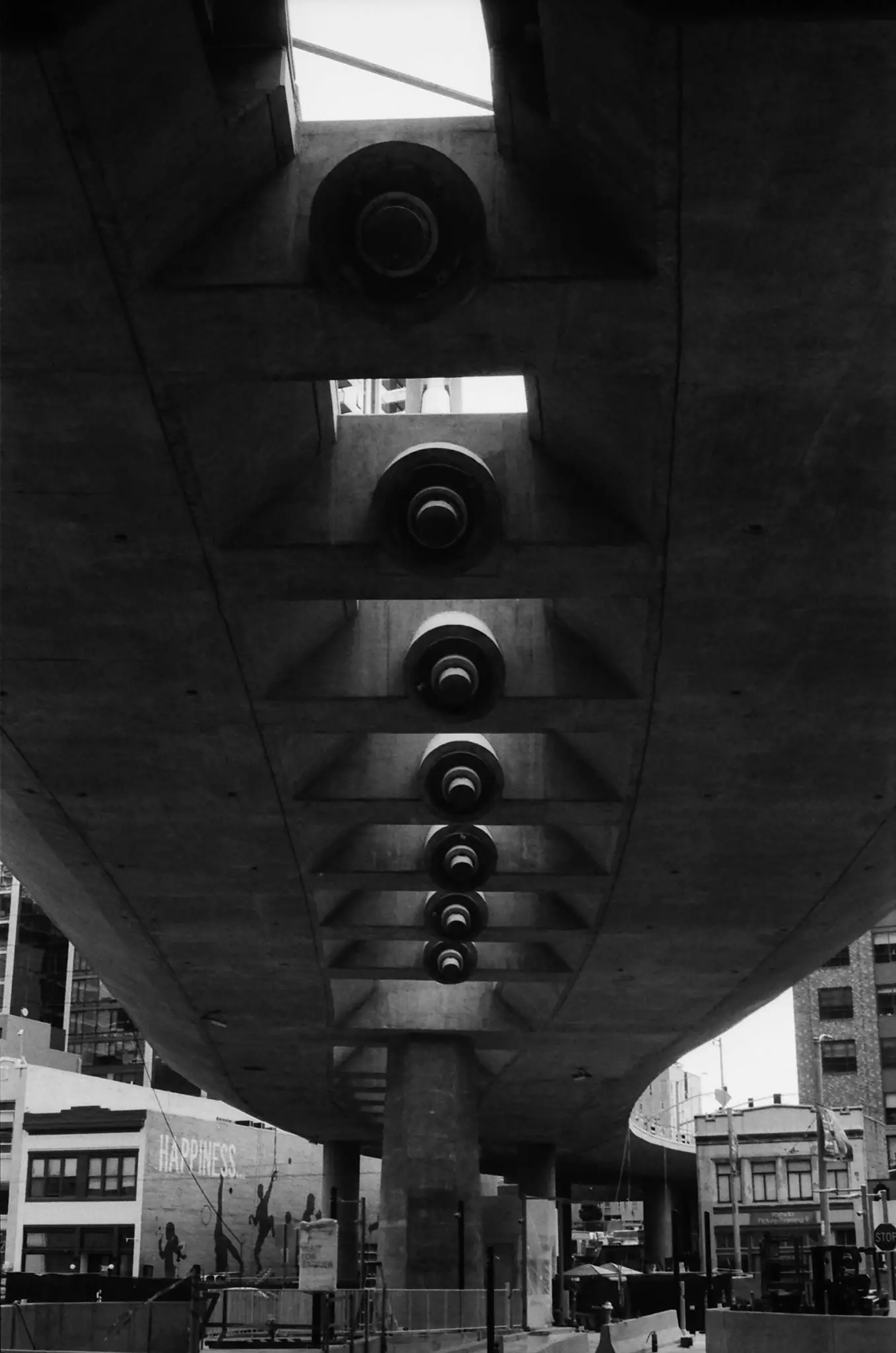
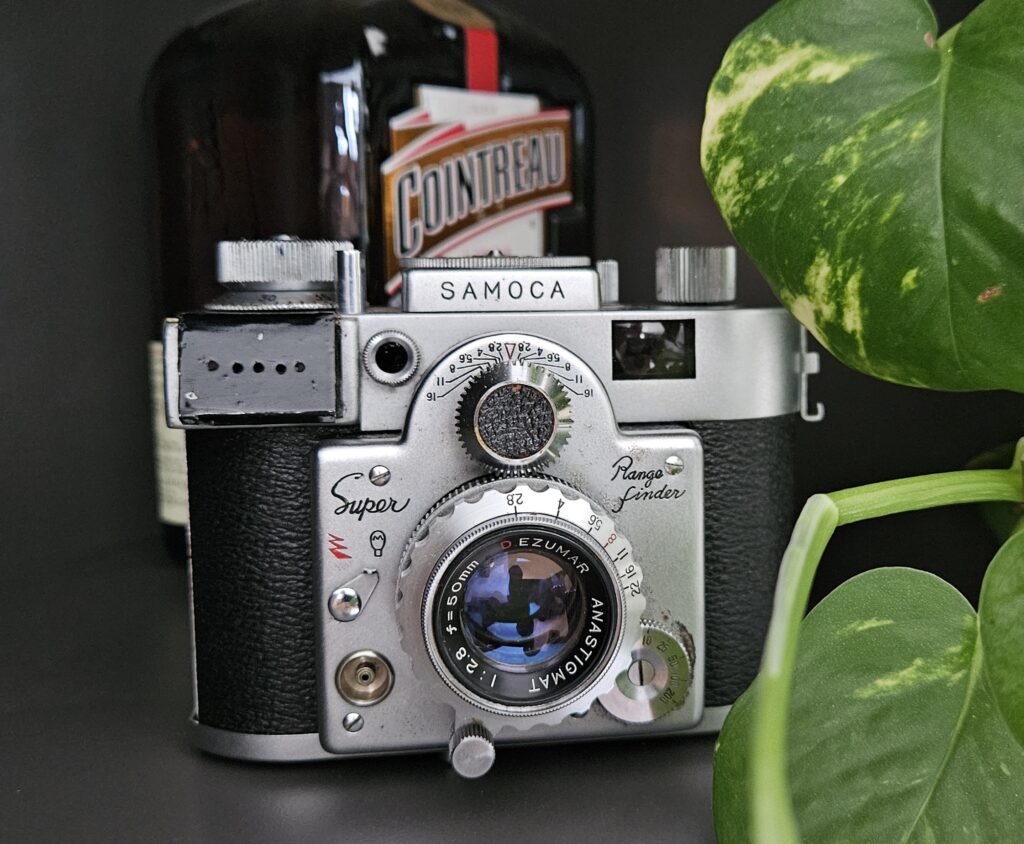
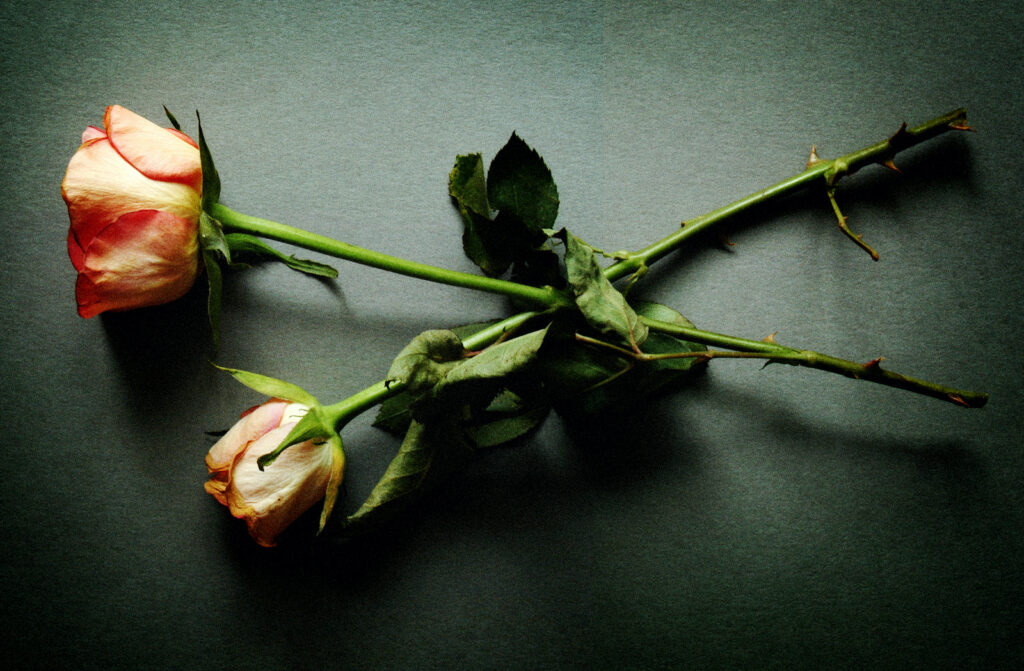
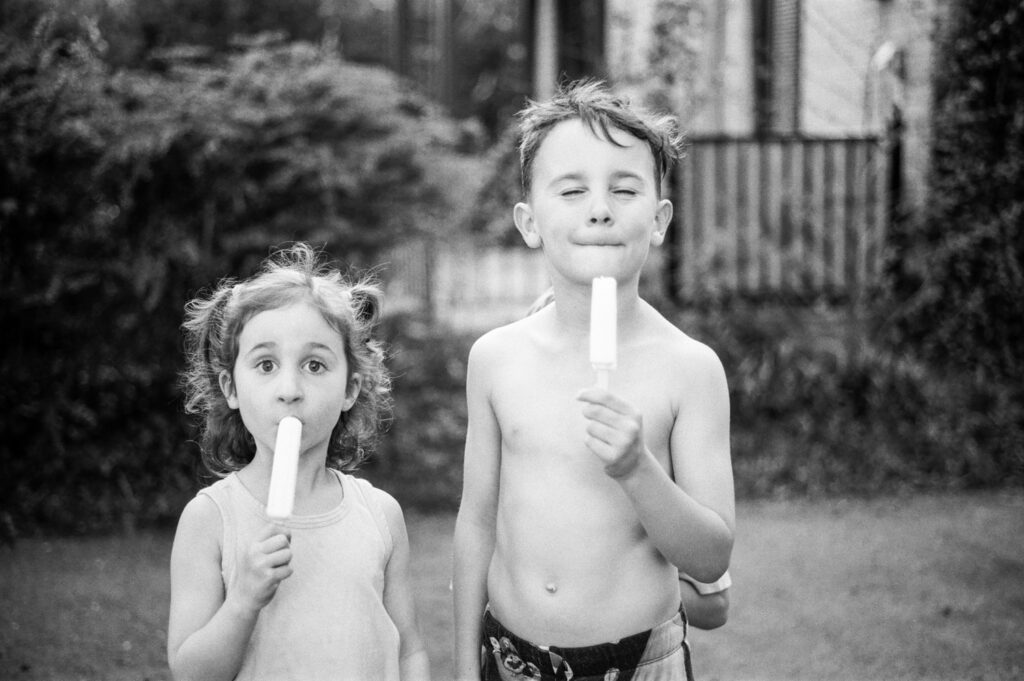
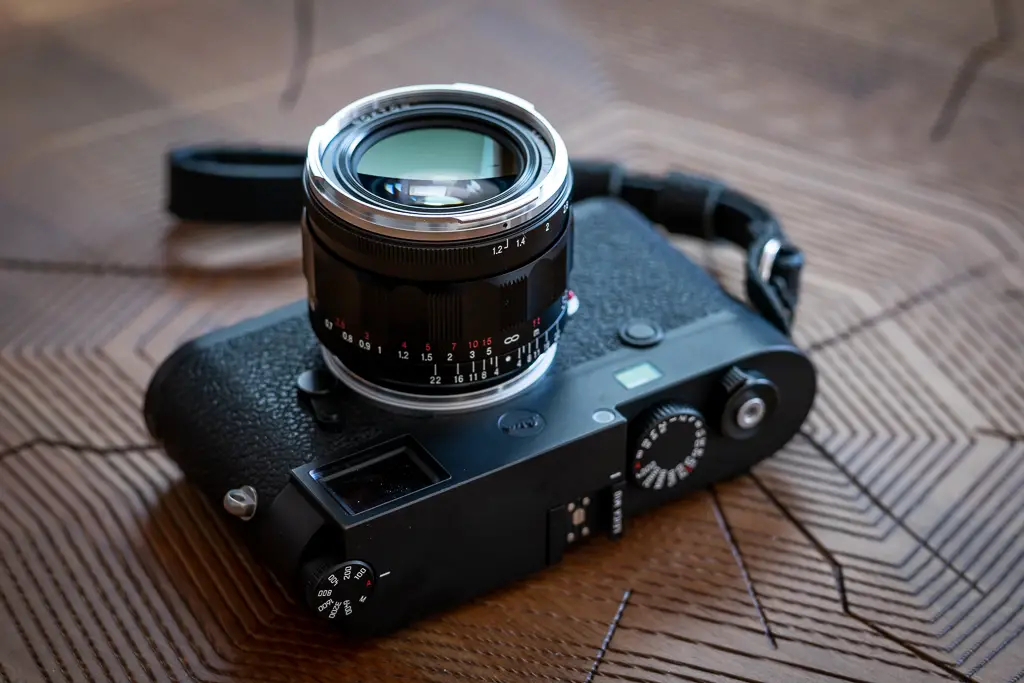




Comments
Iván on A Difference Between Professionals and Amateurs – By Frank H. Wu
Comment posted: 16/11/2018
Ant Lockyer on A Difference Between Professionals and Amateurs – By Frank H. Wu
Comment posted: 16/11/2018
Marc P. on A Difference Between Professionals and Amateurs – By Frank H. Wu
Comment posted: 16/11/2018
Without photography, i do have currently nothing left, what does make myself happy, or a little fun, here or over there, from time to time, it's just a hobby since my childhood, but i do treat it seriously.
I couldn't ever do "pro" work - because then i'd sit into a time schedule, would have deadlines, would have to-do post-processing/picture style, as the client would wish it, must photograph people, which unlike into rare cases, i do really try to avoid, all my life, but that is another story, whileas i don't like to photograph human beings.
I don't consider myself "good" enough, i have absolutely no attitude, this premature behaviour, some kind of people do have, when it comes to photography, and i am also not into direct marketing, i never sell any pictures, i do them just for my own fun & joy, and consider myself less than 10 percent as good, as i'd like to be....only my sister and 1-2 people do have a few pictures printed on canvas, made as a present for them.
Good Light!
Aivaras on A Difference Between Professionals and Amateurs – By Frank H. Wu
Comment posted: 17/11/2018
JamesW on A Difference Between Professionals and Amateurs – By Frank H. Wu
Comment posted: 17/11/2018
I regard people who can do all that (in any business) highly. For me, YMMV, I enjoy the freedom to do photographic work for me. My situation permits me to foul it up and still be able to pay the bills. I can take it or leave it for a week and still put food on the table. And most of all, I enjoy the total lack of pressure to explore avenues of my choosing.
Selfish? Of course I am. But I never pretended to be anything else. It's (not) my business, it's my pleasure. Even when pressurised into photographing an event, I refuse to take work off pro 'togs. I have too much respect for those who cope with all that pressure I refuse to take on.
George Appletree on A Difference Between Professionals and Amateurs – By Frank H. Wu
Comment posted: 17/11/2018
Maybe Avedon started working at Sears, or, say Walker Evans wanted to be a writer, and Ansel Adams begun with a piano.
By contrast, Atget was a professional photographer but never thought of being one of those masters he became.
And, at the other end, Lartigue never worked in Sears and aspired to be a painter.
While Vivian Maier none of all that.
Yes, perhaps we think being a professional photographer is an asymptotic task. But it just consists in selling photographs. Or not even that, just in having a full dedication.
brad35mm on A Difference Between Professionals and Amateurs – By Frank H. Wu
Comment posted: 19/11/2018
Nnamdi Ozo on A Difference Between Professionals and Amateurs – By Frank H. Wu
Comment posted: 20/11/2018
Jan Steinman on A Difference Between Professionals and Amateurs – By Frank H. Wu
Comment posted: 21/11/2018
This is what one friend called, "living the life." I wasn't taking family photos at Sears. I wasn't waiting around to do VIP shots of politicians. I was doing the sort of photography I enjoyed doing. Problem is, I wasn't really doing that much of it!
Many of my students wanted to "make money" doing photography. I told them that, while supporting myself full-time on photography, I only spent about 5% of my time actually doing photography! The rest was spent on production, promotion, bookkeeping and other record keeping, correspondence, etc. I spent more time in front of a computer than I spent behind a camera.
So now, having cured myself of the affliction of "making money" from photography, I find I'm enjoying it a lot more!
Sulio Pulev on A Difference Between Professionals and Amateurs – By Frank H. Wu
Comment posted: 03/01/2023
1. Have very deep understanding, high level of the theory of the photography, both engineerung ones and artistic
2. Make till now infinite number of photos.
3. Received TOP prizes in the prestigious, official, old competitions.
4. Published at least once in a top old prestigious journal, many time on the cover
5. Sold at least few photos at the price of $ 10 000
6. Has some publications in the top profesional photography magazines - PRINTED.
7. Has some interview with a Walter Cronkite - level journalists.
8. Do not read, publish and comment in the amateur sites or bullshit forums like reddit and similar (other than once, to hate them and show them how deep amateurs they are).
If somebody fulfill ALL of those requests he/she can be considered real professional. All the rests are deep wild amateurs, wedding photographers, ID photobooth "masters" or "reporters" of the village sites/"newspaper". And they have no any rights to claim them professionals, to appropriate to the real professionals and to discuss on professional issues.
I understand its a hard, but there should be deep chasm (gap) between amateurs and professionals. Otherwise profession is quickly profanized (as I see already frequently happen in the west) and as such go down and deprofessionalized which is detrimental to the overall development of the society.